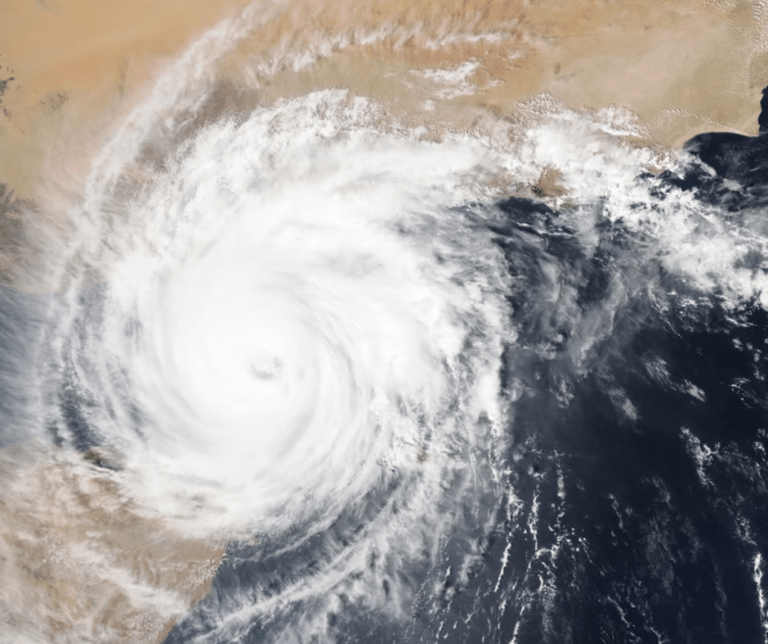Is Your Home Ready for Hurricane Season?
Just ahead of the 2022 hurricane season, the National Oceanic and Atmospheric Administration (NOAA) predicted above-average storm activity in the Atlantic from June 1 to November 30. This prediction emerged with 65% confidence and became the seventh consecutive season with an above-average forecast.
Although this summer has since proven to be mild — with only three named storms so far — NOAA stands firm in its prediction of 14 to 20 storms hitting before the end of November. Tropical weather in the Atlantic becomes more active as we approach fall, according to NOAA, which deems mid-August through mid-October as the “peak of hurricane season.”
As we enter peak hurricane season, now is the time to ask yourself: is my home ready? Can the structure withstand high winds and floodwaters?
The National Energy Improvement Fund (NEIF) focuses on increasing the affordability of energy efficient upgrades: ones that ensure homes and buildings are safe, comfortable, and resilient. Through partnerships with contractors, manufacturers, utilities, and government, NEIF offers energy efficiency financing that is simple, trusted, and transparent. Working with an NEIF-Approved Contractor can help you better understand whether your home is well-equipped for hurricane season and determine any preventive measures that should be taken.
Preventive Measures
Ensuring that your home is resistant to both water and wind is essential for hurricane season, especially if you live along or near the coast.
Though you might associate storm-resistant homes with ones that are elevated to protect from flooding, these can actually be more vulnerable to high winds if the roof isn’t properly accounted for. For existing homes, other important considerations include:
- Elevate essential home systems like HVAC, electrical, and telecommunications to above flood-plain level.
- Install hurricane shutters as a more durable, lower-maintenance alternative to placing plywood panels over windows.
- Opt for impact windows, even if your state or county’s building codes don’t require them. Not only is the glass shatter-resistant, but impact windows provide insulation, reduce outside sound, and help to block UV radiation.
- Reinforce your roof with steel clips and plates, or metal tie-down straps.
Don’t wait for the storm to pass to check your insurance coverage! For additional resources, refer to FORTIFIED’s Home Hurricane Standards guide, or consult with an NEIF-Approved Contractor before the season intensifies to assess the safety of your home.
Sources: FORTIFIED, Green Building Solutions, NOAA, Orlando Sentinel, Sea Grant




